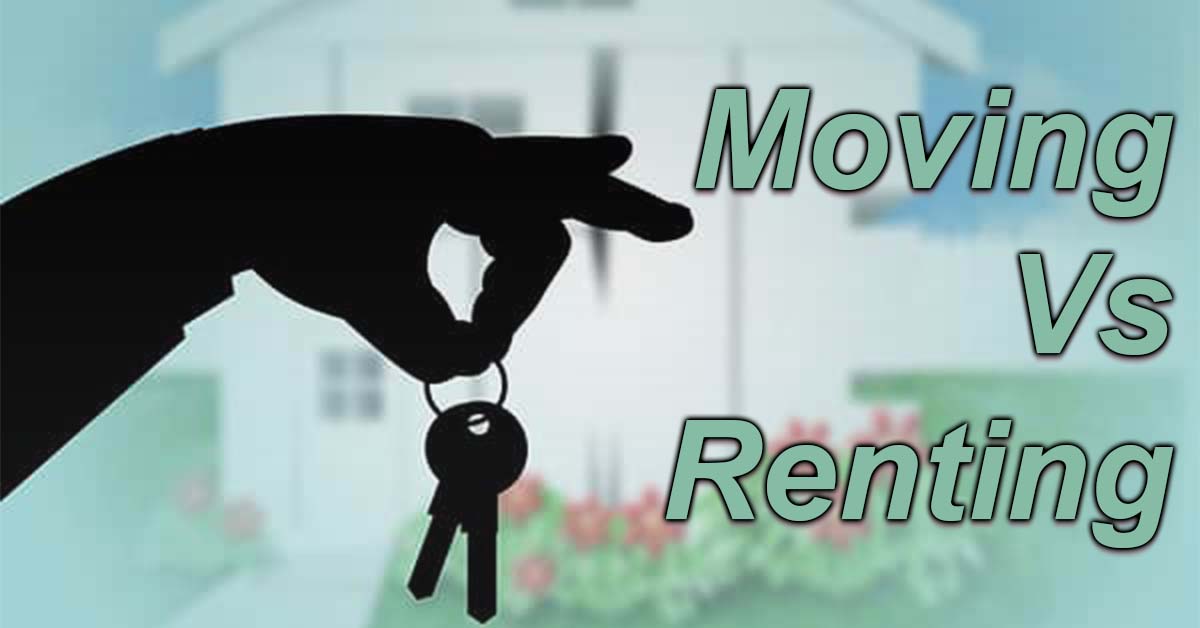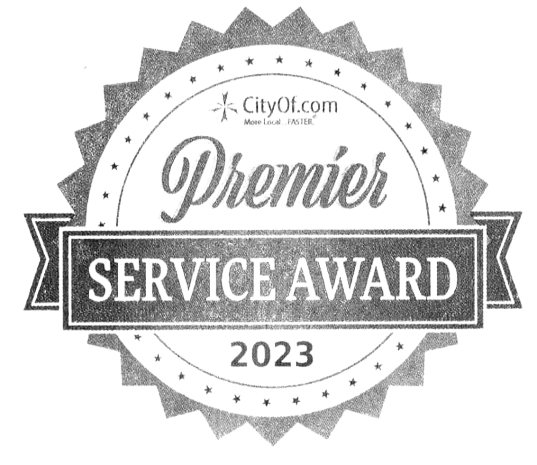When it comes to finding a new place to live, there are several options to consider. Two popular choices are moving to a new home or renting a property. Both options have their advantages and disadvantages, and deciding which one is right for you depends on various factors. In this article, we will explore the pros and cons of moving and renting to help you make an informed decision.
Moving
Pros of Moving
- Ownership
Moving to a new home provides you with the opportunity to become a homeowner. Owning a property can offer a sense of stability and the freedom to make modifications and improvements according to your preferences.
- Investment
Real estate can be a long-term investment that may appreciate over time. If the value of your home increases, you can potentially build equity, which can be beneficial for your financial future.
- Customization
When you move to a new home, you have the freedom to customize and decorate it according to your taste. From choosing paint colors to renovating the kitchen, you have control over the design and layout of your living space.
- Sense of Belonging
Moving to a new neighborhood allows you to become part of a community. You can establish relationships with your neighbors, get involved in local activities, and contribute to the development of the area.
Cons of Moving
- Financial Considerations
Moving to a new home often involves significant upfront costs, including down payments, closing costs, and moving expenses. It’s important to carefully assess your financial situation to ensure you can afford the associated expenses.
- Commitment
Buying a home is a long-term commitment. It may limit your flexibility to relocate in the future if you need to for job opportunities or personal reasons. Selling a home can also be a time-consuming and complex process.
- Maintenance Responsibilities
As a homeowner, you are responsible for the upkeep and maintenance of your property. This includes tasks such as repairs, landscaping, and regular maintenance, which can require time, effort, and additional expenses.
Renting
Pros of Renting
- Flexibility
Renting provides greater flexibility compared to owning a home. If you anticipate a need to relocate in the near future, renting allows you to easily move without the burden of selling a property.
- Lower Upfront Costs
Renting typically requires a security deposit and sometimes the first and last month’s rent. These costs are generally lower than the upfront expenses associated with buying a home.
- Maintenance & Repairs
One of the benefits of renting is that maintenance and repairs are typically the responsibility of the landlord. This can save you time and money, as you don’t have to worry about the costs of fixing appliances or addressing structural issues.
- Amenities & Services
Many rental properties offer amenities such as gyms, pools, and maintenance staff. These perks can enhance your living experience without the additional costs and responsibilities of ownership.
Cons of Renting
- Lack of Equity
When you rent, your monthly payments go towards someone else’s investment rather than building equity for yourself. Renting does not offer the potential for long-term financial gain through property appreciation.
- Limited Control & Customization
Renting a property often means adhering to certain rules and restrictions imposed by the landlord or property management. Your ability to personalize your living space may be limited, such as not being able to paint or make significant alterations.
- Rental Increases
Rent prices can fluctuate over time, and landlords may increase the rent when you renew the lease. This lack of control over future rental costs can make it challenging to budget and plan for the long term.
Conclusion
The decision between moving and renting ultimately depends on your personal circumstances, financial situation, and long-term goals. Moving offers the benefits of ownership, customization, and the potential for investment, but it comes with financial commitments and maintenance responsibilities. Renting provides flexibility, lower upfront costs, and reduced maintenance burdens, but lacks the ability to build equity and may have limitations on customization.
Consider evaluating your current financial status, future plans, and lifestyle preferences to determine which option aligns best with your needs. It’s also recommended to consult with a real estate professional or financial advisor who can provide expert guidance based on your unique situation. Ultimately, making an informed decision will help you find the living arrangement that suits you best.







